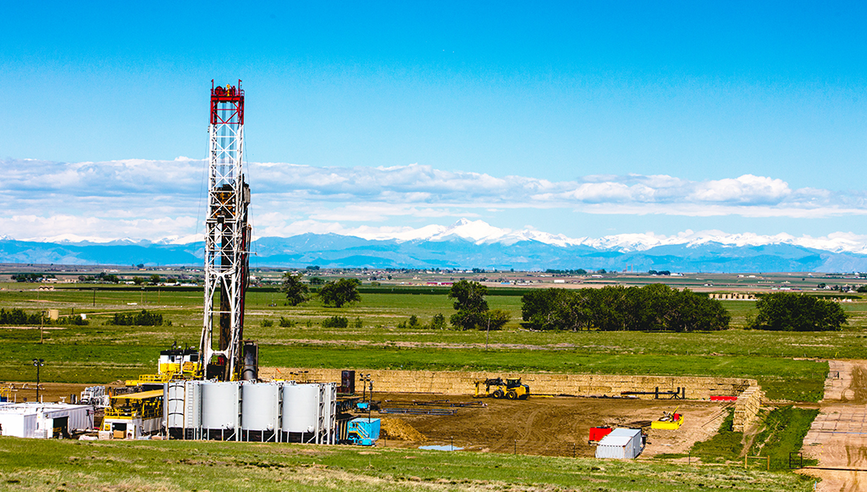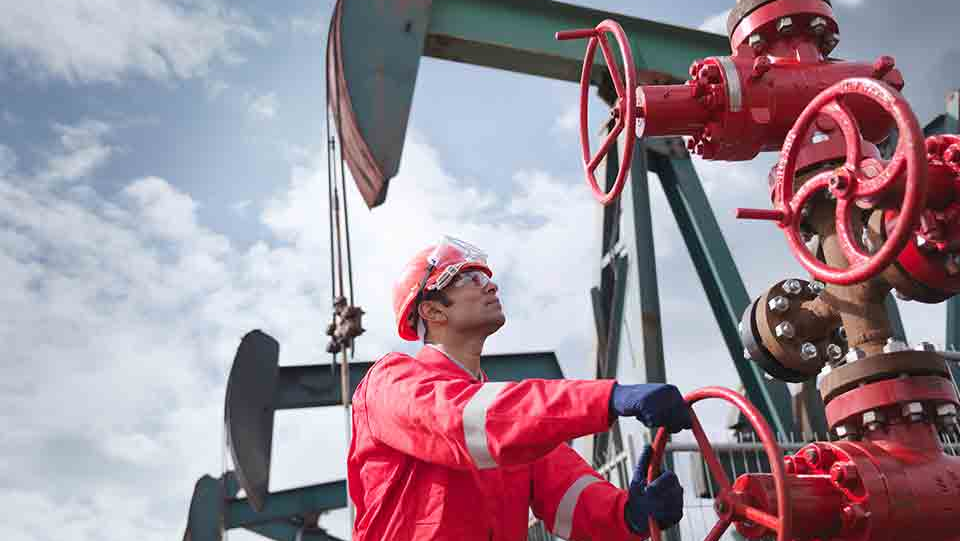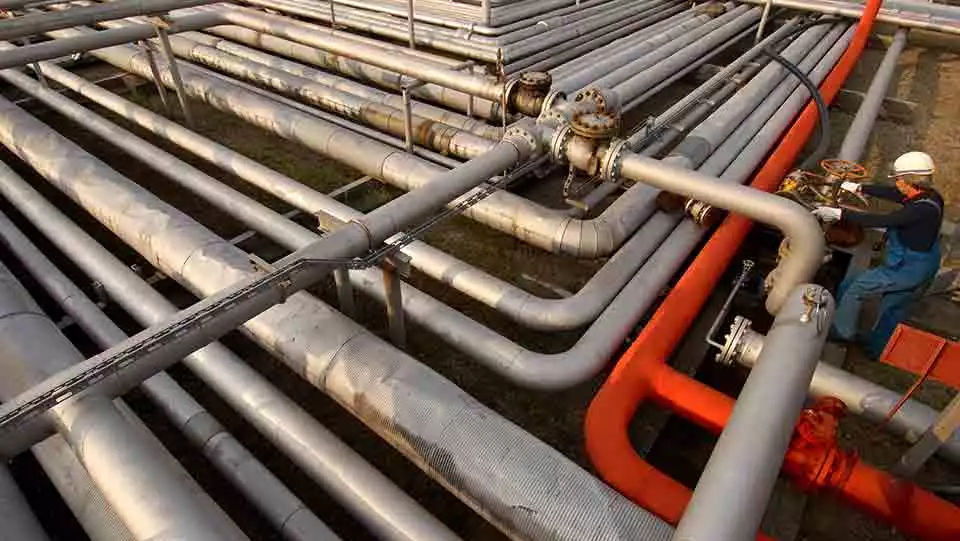Planning for an Oil and Gas Well Control Emergency


Operators within the oil and gas industry typically manage numerous operational risks. Failure to adequately manage exposures, such as the threat of oil spills, the challenge of finding qualified contractors and the need to protect new workers on the job, could drastically affect an operator’s production goals and bottom line. Though the severity of risk can differ among these exposures, no other threat has the potential to challenge an organization more than a well control event. Having a formal well control emergency response plan (WCERP) in place may enable your organization to respond quickly, helping to limit injuries, property loss and damage to your company’s reputation.
Protecting against well control events
Well control refers to the various techniques used to maintain pressure inside a drilled wellbore. Controlling this pressure prevents gas or fluids from migrating up the wellbore and into the environment in an uncontrolled and potentially catastrophic manner. Large and small operators and those engaged in conventional and nonconventional markets should have adequate planning processes in place to help prevent these types of release events, often referred to as blowouts. Even depleted resources and wells to be plugged should be considered in a company’s well control planning because they can frequently cause uncontrolled migration events.
Operators should consider factors such as drilling, workover, completions, well servicing, plug and abandonment, and maintenance processes in their well control response planning. Having a robust and comprehensive planning process can drastically lower the risks of employee injury, equipment damage, loss of wellbore and environmental release damage during a well control event.
Well control risk mitigation starts at the design phase
Well control risk mitigation should be the foundation of your organization’s well planning processes. This process considers:
- Site selection.
- Wellbore pressures/fracture gradient information.
- Casing design.
- Pressure control equipment.
- Operational monitoring.
From the moment a site is being considered for selection, operators can begin thinking about potential environmental issues associated with a site’s location, including:
- The site’s proximity to emergency services, water and forests.
- The effect on target formations, pressures and depth.
- Steps to ensure casing set points and mud weights are reviewed in order to match the formation’s characteristics.
Additional planning elements to consider in the design phase include:
- Seismic and known regional well information to help provide critical data that can result in maximum well control in the event of an emergency.
- Casing and tubing design and origin of manufacture. (Well designs, barriers and cementing procedures should be developed with the involvement of a registered professional engineer.)
- Local requirements for well construction, which can include margins for how mud weight is considered in the design.
Design processes and well specifications often dictate pressure control equipment. Operators should select pressure control equipment that can withhold the maximum potential pressure expected in the well with a safety factor. Once selected, a pressure control device should be regularly tested according to the manufacturer’s recommendations. Additionally, the equipment should be tested to the maximum worst-case internal pressure that could arise.
Taking measures like these when operations begin can help minimize the potential of an adverse well event:
- Conduct operational monitoring throughout the process to minimize potentially over-pressuring a zone.
- Plan and conduct frequent kick drills and mock well control drills during all phases of operations, from drilling to plugging.
- Train staff on how to recognize well control issues early.
- Choose drilling/workover contractors and consultants with current advanced well control training as a best practice for preventing well control events.
- Monitor the operational parameters in real time and have experts on call to provide early intervention.
How a formal WCERP can lead to safe and effective accident response
A WCERP documents the response an operator should take during a well control event or blowout emergency. The WCERP provides not only a framework for an operator’s response, but also the specific processes and procedures that should be followed to prevent the situation from escalating.
The WCERP is a key element of an operator’s risk management and emergency planning. The plan typically addresses common well site emergencies, protocols for communication, roles and responsibilities, and process steps to adequately respond to an incident. The WCERP also outlines specific protocols for notifying local and state representatives and federal agencies of the incident. A WCERP should include:
- Internal and external emergency notification protocols.
- Actions at the site to enhance personnel safety during the event.
- Critical information that defines the response level and strategy.
- Hierarchy of the emergency response team, which outlines clear roles and responsibilities during the emergency event.
- Mobilization plans for personnel, equipment and materials needed for the well control response.
- Any needed forms for documentation and distribution of information.
Mitigating risks and identifying hazards
The first step in developing any formal WCERP is to understand your organization’s operational risks and potential hazards. Large operators commonly have well-defined plans, but are the plans up to date? When creating or updating your organization’s response, equal thought should be given to effective planning and cadence of regular training and practice drills or field exercises. A well-equipped plan comprises a blowout contingency plan, as well as your company’s WCERP program.
Training is an integral component of a WCERP
A blueprint for effective training includes clear instructions on the communication processes established in the WCERP. Considerations for training personnel include:
- Specialized well control training for select employees or contractors.
- Baseline training for support personnel.
- Field operations training with hands-on training on wellheads and downhole applications.
When planning for field training, shut-in procedures and countermeasures as well as detailed well control emergency response processes should comprise a large portion of the training agenda. Exercises or drills should be regularly conducted. Ideally, the risk level will dictate the training frequency. More hazardous well operations require more frequent training drills. These drills can include both tabletop exercises as well as functional and detailed field drills that put the response plan to the test.
The primary goal of your WCERP is to engage in a formal process planning cadence. Continuous improvement should be a driver of the process. Organizations should be regularly planning, organizing, exercising, evaluating and taking corrective actions to ensure consistent results, business continuity and effective communication in their well control response procedures.
Diligent operators will review several outside resources for additional guidance, including:
- American Petroleum Institute (API).
- Department of Homeland Security (DHS).
- Federal Emergency Management Agency (FEMA).
- International Association of Oil & Gas Producers (IOGP).
- National Fire Protection Association (NFPA).
- National Incident Management System (NIMS).
Additionally, the Occupational Safety and Health Administration provides guidance for planning and prevention for risks such as:
- Fire.
- Equipment hazards.
- Pressure control.
Effective well control planning that includes well-documented safety measures and training best practices can be critical to helping prevent and manage a well control event. By taking a proactive approach, you can help protect your workers and minimize risks to your operation.
Travelers is proud to work with Wild Well Control Inc., a well control provider and training resource.



